Explainer: How did Wagner's mutiny against Russia unfold and end?
By Ivan Kesic
On Saturday, Belarusian president Alexander Lukashenko, Russian officials, and Wagner Group's leader Yevgeny Prigozhin announced a deal that ended the fleeting but dangerous mutiny against the Russian government.
The timely agreement which prevented a bloodbath on Russian territory was reached after a full day of negotiations between Russia and the Wagner Group boss, with Lukashenko's mediation.
The deal stipulates that Wagner's forces will withdraw and receive security guarantees, while the indictment against Prigozhin will be dismissed and he will depart toward Belarus, the Kremlin said.
The announcement ended the tense 36 hours in Russia, briefly deflecting the attention from the war in Ukraine, but many things still remain uncertain, including Prigozhin's precise location and fate.
How did the mutiny unfold?
Wagner's rebellion against the Russian government and military began on the intervening night of June 23-24, with the capture of Rostov-on-Don, a port city on the Don River in southwestern Russia and an important logistics hub with southern military headquarters.
The takeover of Rostov took place mostly without deadly confrontation with the regular Russian army.
Prigozhin's fighters then began to advance toward the capital Moscow, more than 1,000 kilometers away, passing through the strategic regions of Voronezh and Lipetsk along the way.
Prigozhin released a video recording online that targeted Russia’s military top brass and even rejected the Russian president’s rationale for launching a special military operation in Ukraine.
In audio recordings subsequently posted on Telegram, Prigozhin said the “evil” of Russia’s military leadership “must be stopped” and his Wagner will lead a “march for justice” against the Russian army.
Russia’s security service then opened a criminal case against the 62-year-old Wagner leader.
A day later, on Saturday, Prigozhin announced that his forces crossed the border from Ukraine into Russia and are marching “all the way” to Moscow against the Russian military.
His forces then entered the southern Russian city of Rostov-on-Don, which created a tense situation there with the local governor urging residents to stay calm and indoors.
Prigozhin later announced the seizure of the army headquarters in Rostov-on-Don “without firing a single shot” and claimed the support of the local people.
In a statement, Russia’s defense ministry asked Wagner fighters to abandon Prigozhin, saying they have been “deceived and dragged into a criminal adventure”.
While Prigozhin called the campaign a "march for justice," Putin described the rebellion as a "stab in the back" and “treason” and demanded the immediate surrender of Wagner's fighters.
Wagner forces were promised amnesty provided they put down their arms “but they should do it fast”, Russia’s state-run TASS news agency cited lawmaker Pavel Krasheninnikov as saying on Saturday.
Russian foreign ministry, in a strongly-worded statement later in the day, warned Western countries against using the “internal situation in Russia for achieving their Russophobic goals”.
Belarusian President Alexander Lukashenko’s office then announced a deal with Prigozhin, following which Prigozhin and his forces emptied Russia’s military headquarters in Rostov-on-Don.
Thus, the uprising ended with the Belarus-brokered deal, after several minor clashes on the highway.
What are Prigozhin's motives?
Prigozhin, the founder and owner of the Wagner paramilitary group, which participates together with the Russian army in the Ukraine war, has been in months-long conflict with Russia’s defense ministry.
Although he has considerable military influence in Russia, thanks to Wagner's successful operations in different countries, Prigozhin's political influence in the Kremlin is too small for his ambitions.
Immediately before the outbreak of the mutiny, Prigozhin published videos attacking Russia’s defense minister Sergei Shoigu and chief of the general staff Valery Gerasimov, demanding their resignations.
Prigozhin also claimed that the Russian army had attacked and killed dozens of his Wagner fighters. However, Moscow denied these allegations.
The true motives for the mutiny actually lie in Prigozhin's fear that his excessive demands caused a blowback and put him in a situation where he would lose the influence he had gained, experts say.
This is confirmed by the recent requests of the Russian defense ministry for Wagner to sign new contracts by the end of June, which would make them resemble a regular unit of the Russian army.
Prigozhin resolutely opposed the new contracts because they put him in a subordinate position, so he made strategic blackmail against Moscow with the mutiny, according to observers.
If the Russian army had gone for a unilateral solution to the problem, it would have had to transfer its forces from the Ukrainian front, lose manpower and time, and thus expose itself to the risk against Western-backed Ukraine.
What was role of foreign agencies in mutiny?
Media reports emerging suggest that the Western countries either had a direct role in the mutiny against Putin or knew about the whole Wagner plot in advance.
According to reports published in the New York Times, Washington Post and CNN and several other Western media outlets, US spy agencies "strongly suspected" that Prigozhin was planning a coup against the Russian government, days before he ordered his troops to march on Moscow.
Already in January, US officials determined there was an internal power struggle underway between Wagner and Kremlin, and were monitoring intelligence on the tense dynamic ever since.
Since mid-June, US spy agencies began following up on indications that the Wagner chief was preparing a rebellion, leading to a series of briefings at the White House, Pentagon, and on Capitol Hill.
Although the information was both solid and alarming, Washington officials did not alert Moscow of an impending threat, as the US "had little interest" in helping Putin amid the Russian-Ukrainian conflict.
The only American concern was supposedly the outbreak of total chaos in the country with the largest arsenal of nuclear weapons, more precisely the fear of an international nuclear crisis.
Margarita Simonyan, the chief of Russia’s state broadcaster, was also cited as saying in Russian media as saying on Saturday that there is "no doubt" that the mutiny by the Wagner was orchestrated by the secret services of the US, Britain and the Israeli regime.
Meanwhile, the top American general, Mark Milley has called off a planned visit to Tel Aviv because of the developments in Russia and the mutiny that unfolded on Saturday, according to reports.

Remembering Abdel Aziz Al-Rantisi, Hamas co-founder and ‘Lion of Palestine’
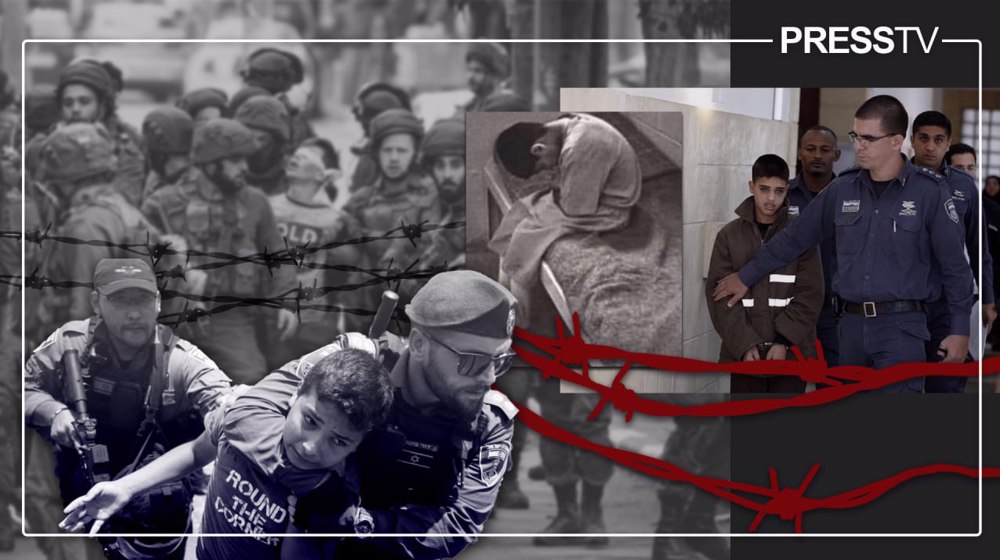
The case of Ahmad Manasra: How Israeli military courts target Palestinian children

Israel-Meta nexus stifles pro-Palestine voices on Facebook, Instagram amid genocide
Trump induces socio-economic turmoil in Washington
VIDEO | The story of Areej: Channeling grief purposefully
VIDEO | Press TV's news headlines
VIDEO | GoT actress on life before and after Gaza
Jolani in Time's 2025 influential list amid sectarian killings in Syria
FM: Iran to 'judge' how to proceed after Saturday talks in Rome
Pezeshkian hails Iran’s military ‘preparedness’ on Army Day
Two Palestinians killed as Israel expands deadly raids in West Bank


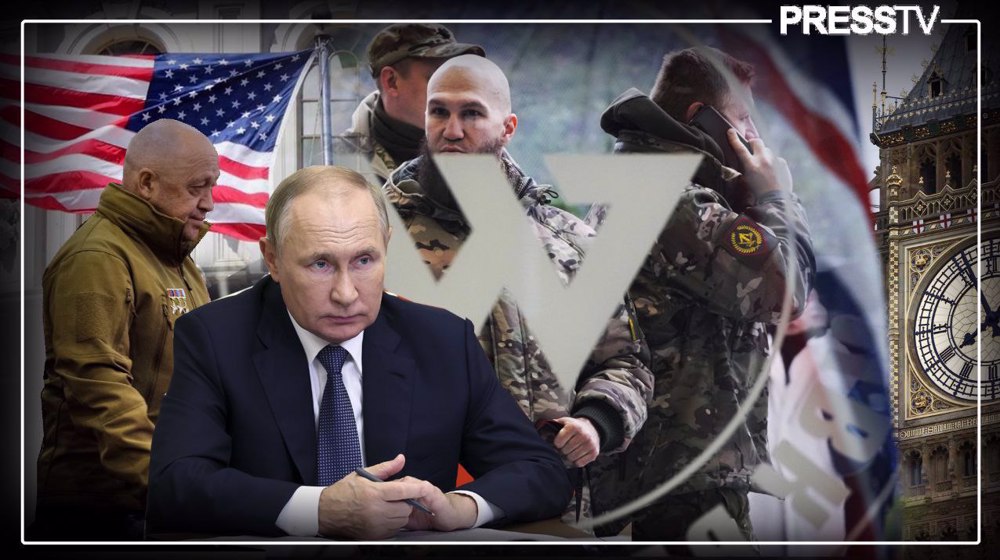



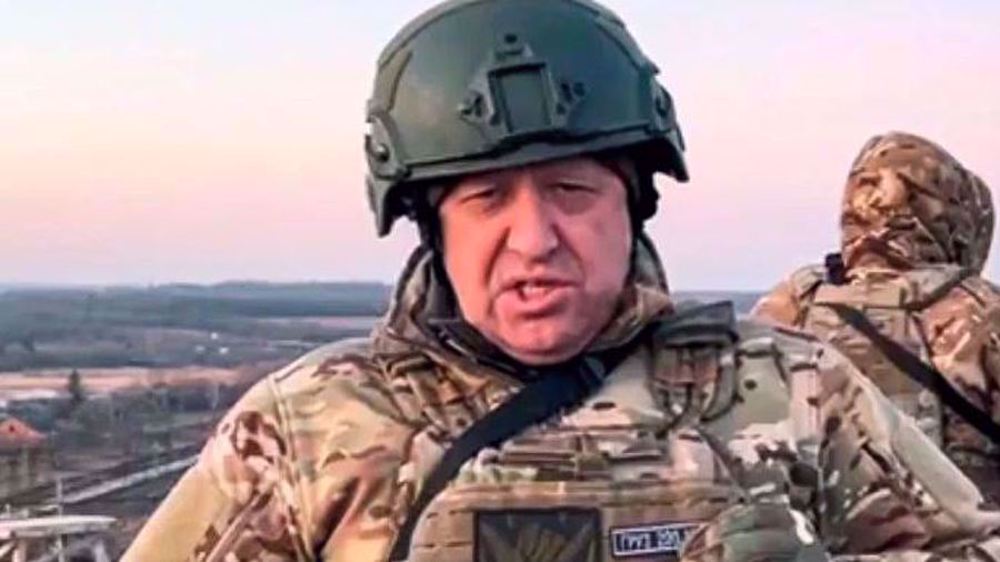
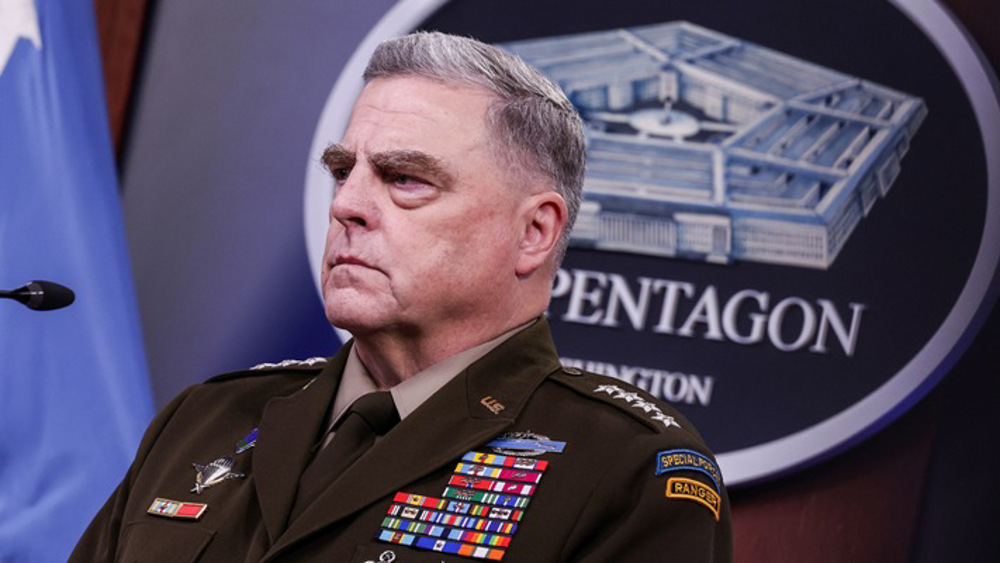
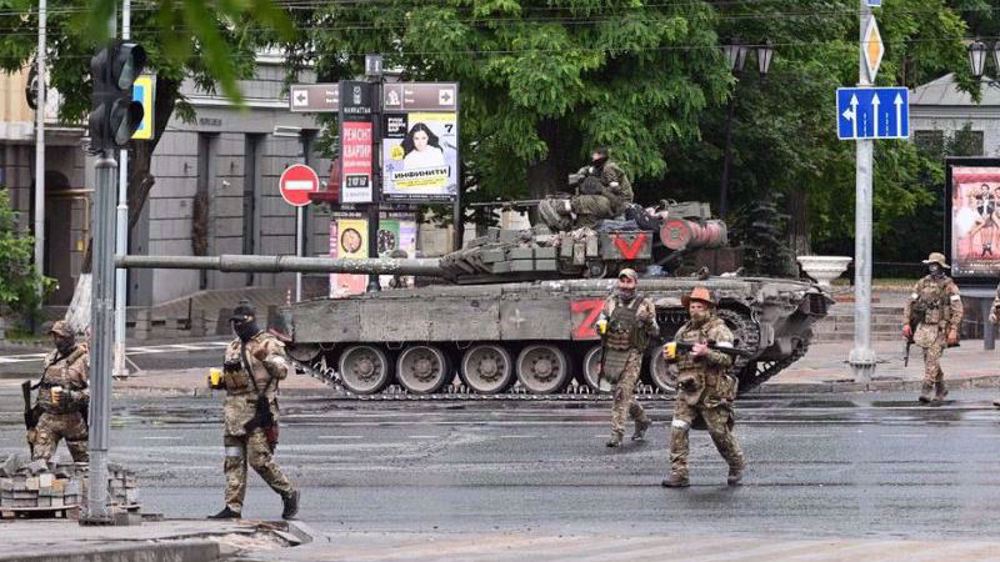
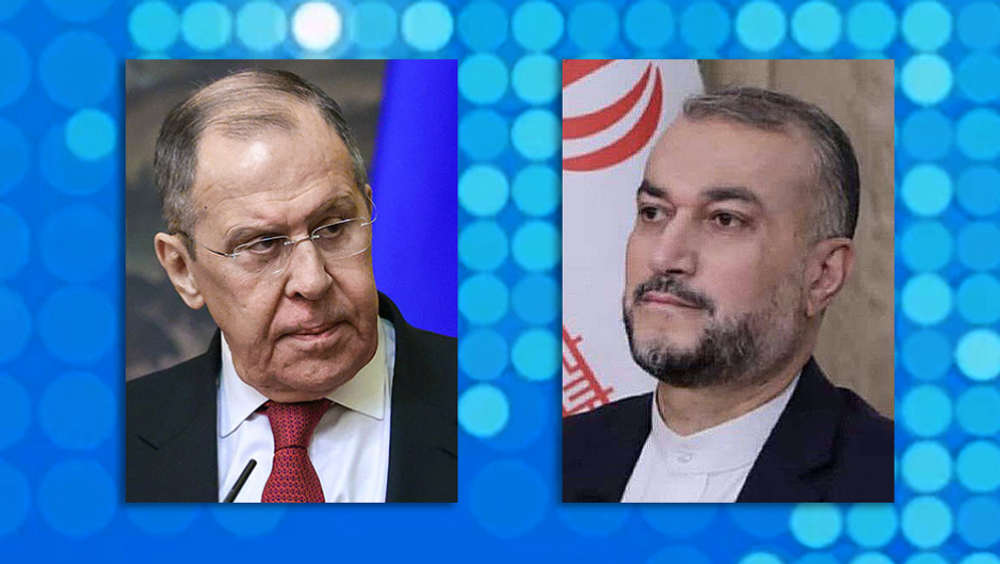
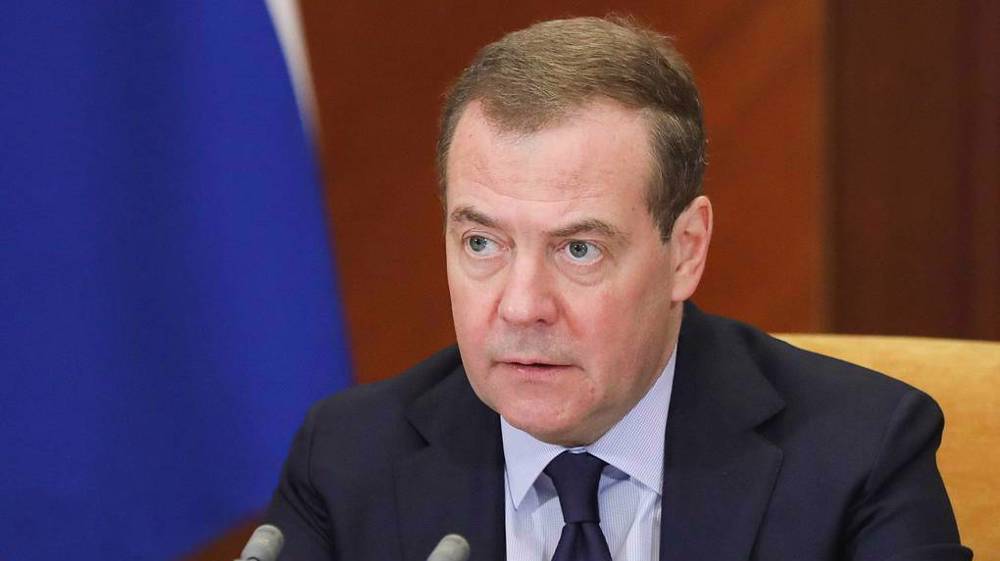

 This makes it easy to access the Press TV website
This makes it easy to access the Press TV website